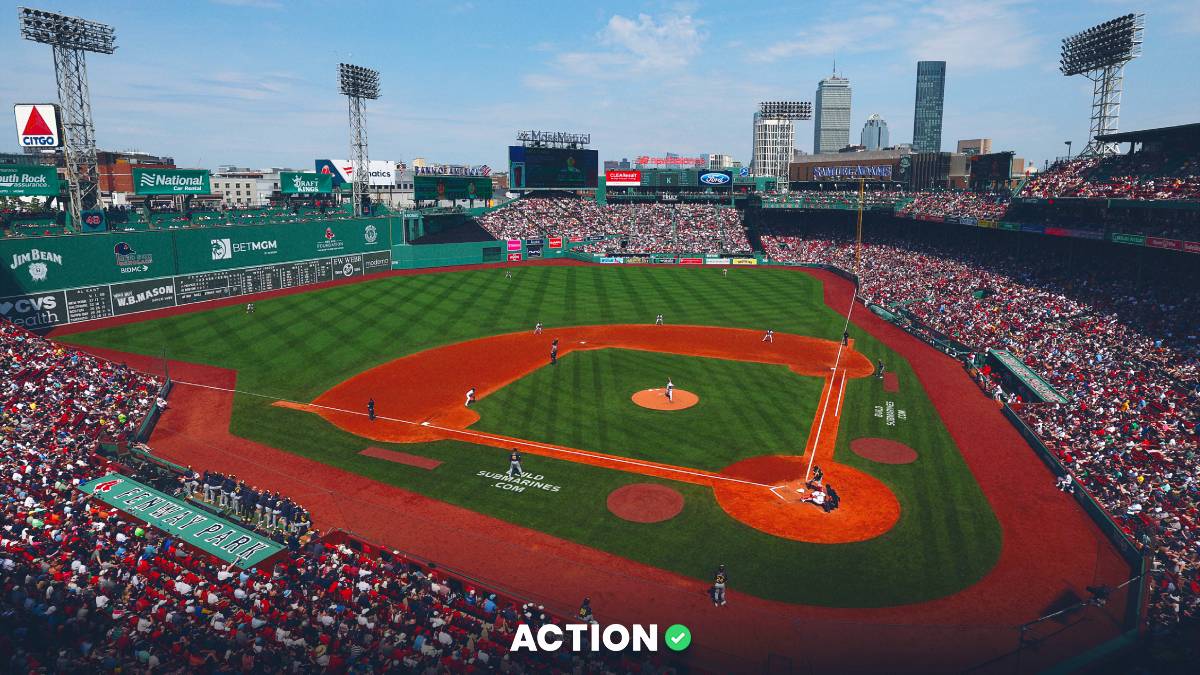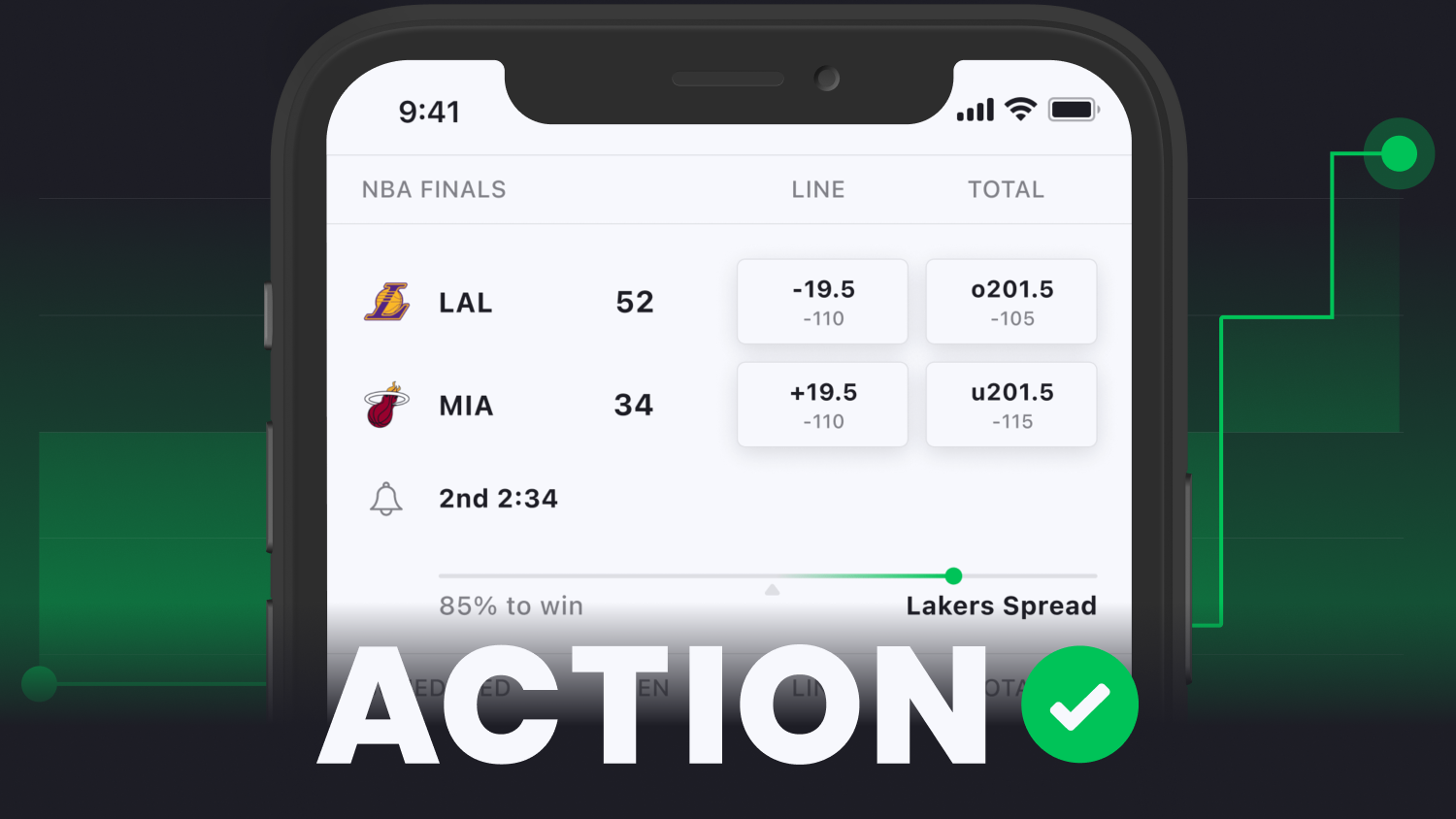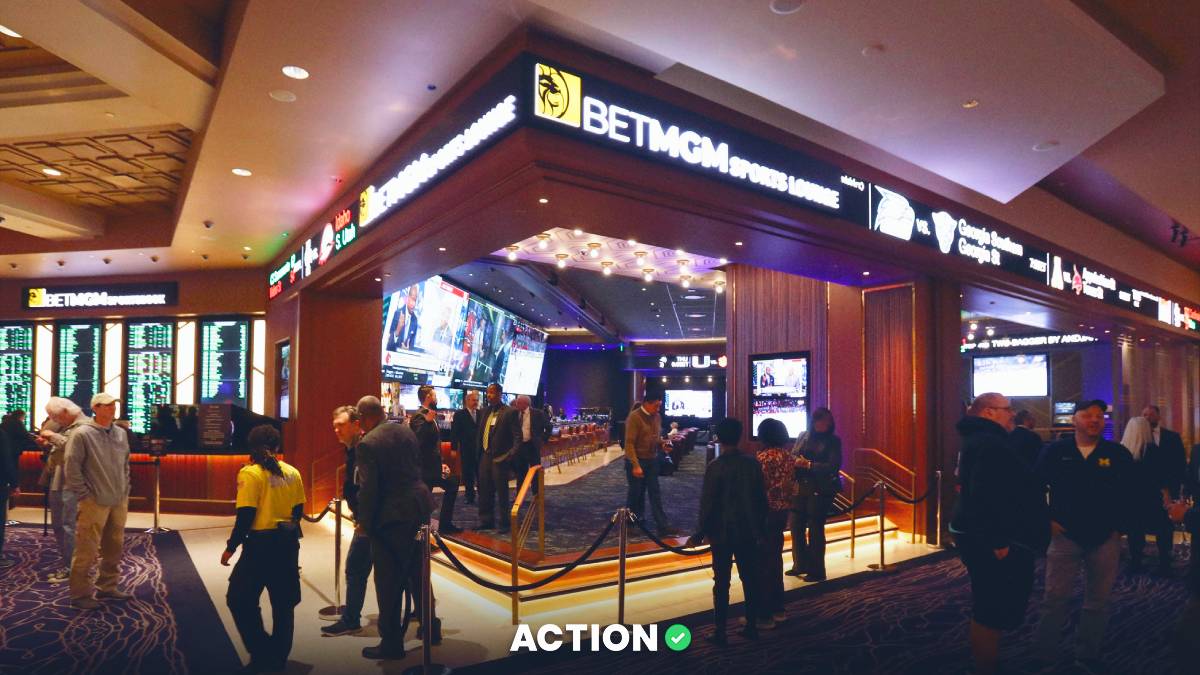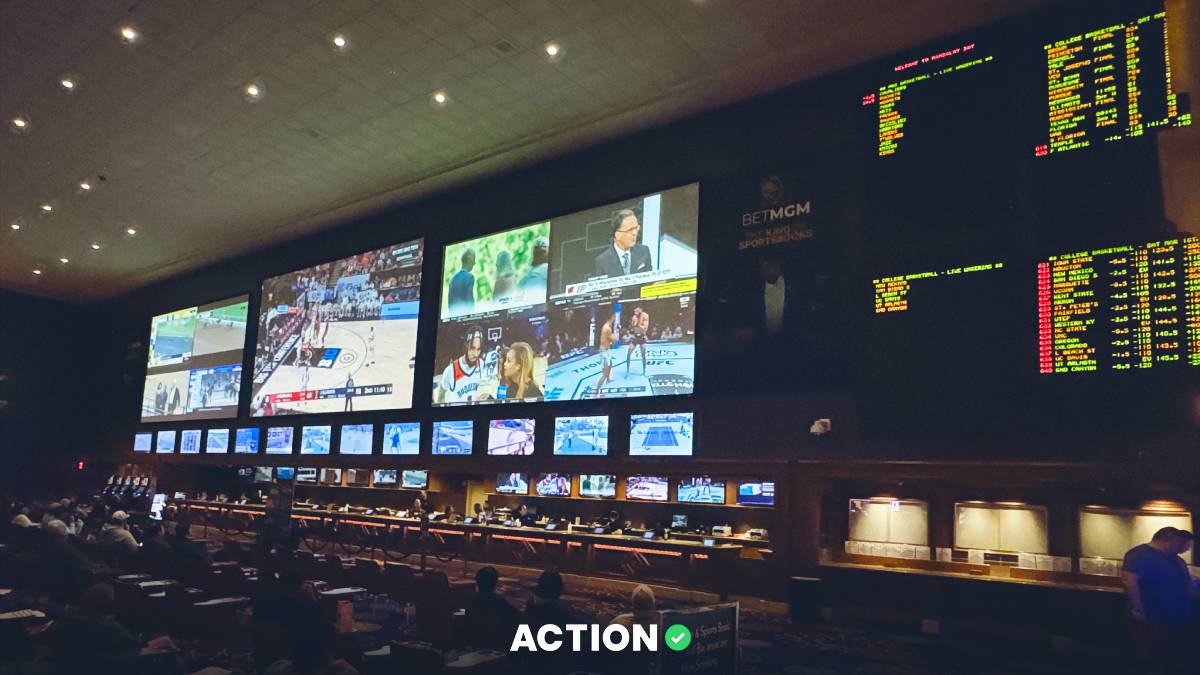Governor Maura Healey made Jordan Maynard the permanent chair of the Massachusetts Gaming Commission, officially ending his time as interim chair. This decision was made nearly eight months after he first took on the role temporarily after Cathy Judd-Stein finished her five-year term.
Judd-Stein was appointed by former Governor Charlie Baker and led the Commission through major challenges, like managing issues during the global pandemic and starting legal sports betting in the state. She chose to retire at the end of her term, which is when Maynard was named interim chair.
Since joining the Commission, Maynard has helped to successfully launch sports betting in the state and has supported responsible gaming efforts focused on player health to protect everyone in the state.
There is a state lottery, three casinos and DFS betting is also permitted in the Bay State.
What Does The Massachusetts Gaming Commission Do?
The Massachusetts Gaming Commission was established following the signing of "An Act Establishing Expanded Gaming in the Commonwealth" on November 22, 2011. This independent body serves as the exclusive licensing and regulatory authority for the casino, horse racing and sports wagering sectors in Massachusetts.
The Commission is made up of five full-time commissioners. The governor appoints one commissioner, the attorney general appoints another (requiring expertise in criminal investigations and law enforcement) and the State Treasurer appoints a third (with proficiency in corporate finance and securities). The remaining two commissioners are appointed by a majority vote of these three constitutional officers, and the Governor selects the Commission's Chair.
Its mission is to regulate the legal casino, horse racing and sports wagering industries with integrity and transparency.
The Expanded Gaming Act also allowed casino gaming in the state. It permits up to three destination casino resorts and one slots parlor.
There’s one just north of Boston, a second south of Boston and a third in western city of Springfield. All three offer extensive slots and table games and the Plainridge Park casino, south of Boston, offers live harness racing from April to October.
MGM Springfield and Wynn’s Encore Boston Harbor each pay a licensing fee of at least $85 million. The state also collects 25% of gross gaming revenues from these resorts. The slots-only casino is taxed at 49% and has a $25 million license fee.
Why is Maynard’s Appointment Significant?
Maynard leads the Massachusetts Gaming Commission's role in the Massachusetts Attorney General’s Youth Sports Betting Safety Initiative. He collaborates with partners across the state to fight underage sports betting and develop educational programs that inform young people about the risks of unsafe gambling.
To buy tickets for the Massachusetts Lottery, you need to be at least 18 years old. Whereas if you want to play daily fantasy sports or visit one of the state's commercial casinos, you need to be 21 years or above.
He also prioritizes security at physical gaming locations in Massachusetts by working with licensees to implement best practices and ensure the safety and well-being of guests.




















































